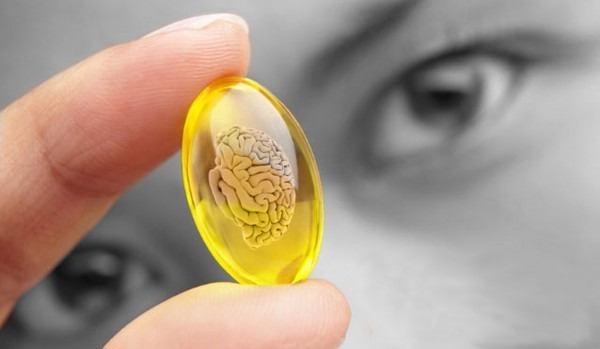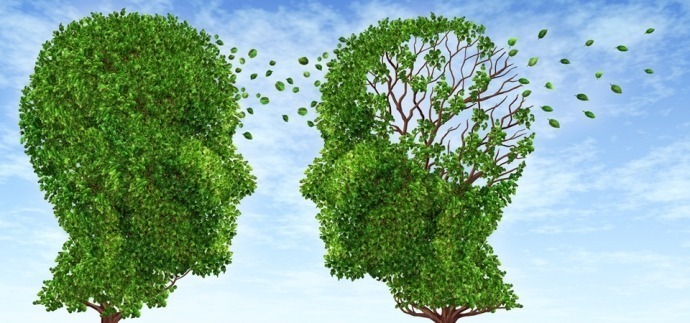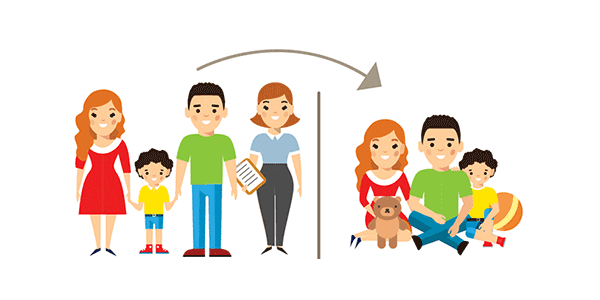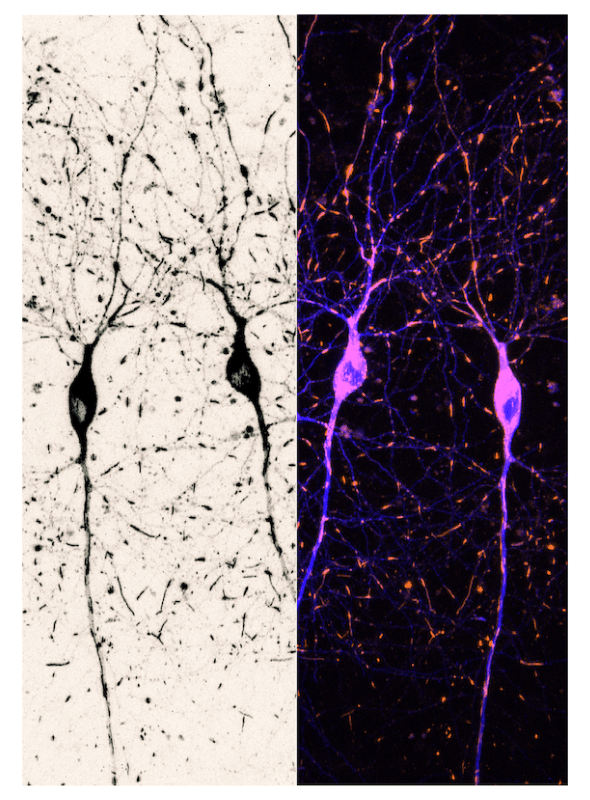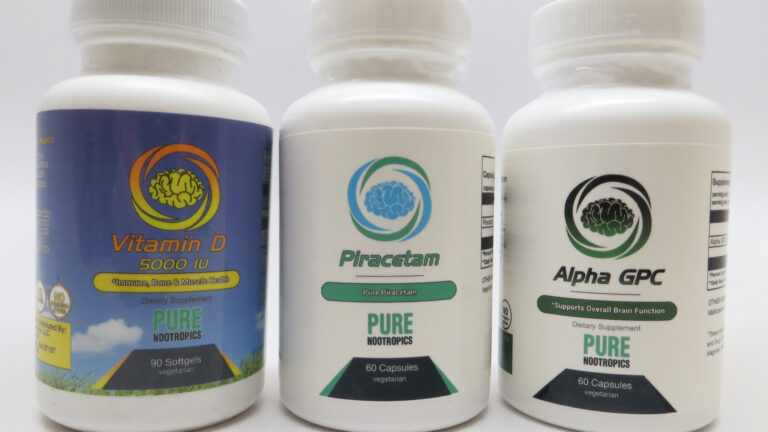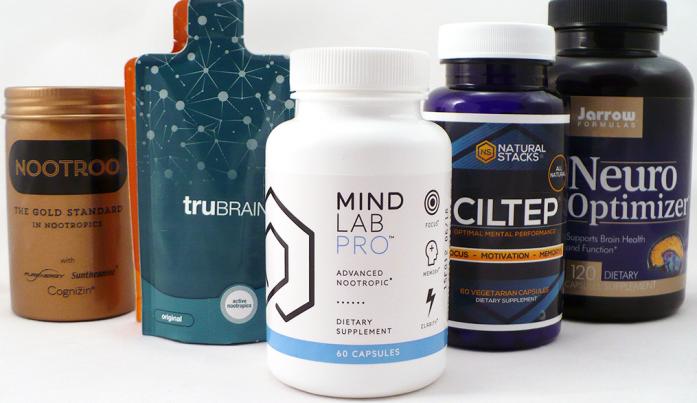Posts Tagged ‘supplements’
Pros and Cons of using four nootropics–caffeine, creatine, L‑theanine, Ashwaghanda–as cognitive enhancers
Humans have long been searching for a “magic elixir” to make us smarter, and improve our focus and memory. This includes traditional Chinese medicine used thousands of years ago to improve cognitive function. Now we have nootropics, also known as smart drugs, brain boosters or cognitive enhancers. You can buy these gummies, chewing gums, pills…
Read MoreBuyer beware: The story of a pricey and “credentialled” program to end Alzheimer’s Disease
When her husband was diagnosed with early-stage Alzheimer’s disease in 2015, Elizabeth Pan was devastated by the lack of options to slow his inevitable decline. But she was encouraged when she discovered the work of a UCLA neurologist, Dr. Dale Bredesen, who offered a comprehensive lifestyle management program to halt or even reverse cognitive decline…
Read MoreSurvey of 2500 families finds what ADHD treatments seem to work/ not work as applied in the real world
While carefully controlled clinical trials are essential for establishing scientific support for different ADHD treatments, it is also important to examine how parents feel about the treatments they actually select for their child. How parents feel about ADHD treatments they have tried for their child provides an important complement to published clinical trials data, and can…
Read MoreOn neurons, lifelong learning, meditation, humility, “empty brain calories” and more
Welcome to a new edition of SharpBrains’ e‑newsletter, featuring 12 fascinating neuroscience findings and open questions–and the beautiful image above. #1. “With this image I want to illustrate the large advances made in imaging methods over the past century, allowing modern neuroscientists to look at neurons in ways that Cajal could have only dreamed of.” –…
Read MoreStudy: Some “brain-boosting” supplements sold in the US contain not-approved drugs at supratherapeutic doses, exposing users to unknown side effects
___ Some brain-boosting supplements contain an unapproved drug that could harm users, study warns (STAT news): “Promising to lift brain fog or improve memory, brain-boosting supplements have joined sexual-enhancement and weight-loss remedies in the lightly regulated world of dietary supplements. These products may be sold legally with broad-brush come-ons like these, as long as they don’t…
Read MoreLimitless evidenceless trend: The growth of nootropic supplements
_______ The all-too-understandable urge to buy a better brain (Vox): “… unfortunately, Bradley Cooper is partly to blame for the boom of the edible brain-improvement industry. In 2011, he starred in Limitless, a movie about a man who takes a special pill and becomes smarter and more capable than anyone else on Earth. I’m joking…
Read More
